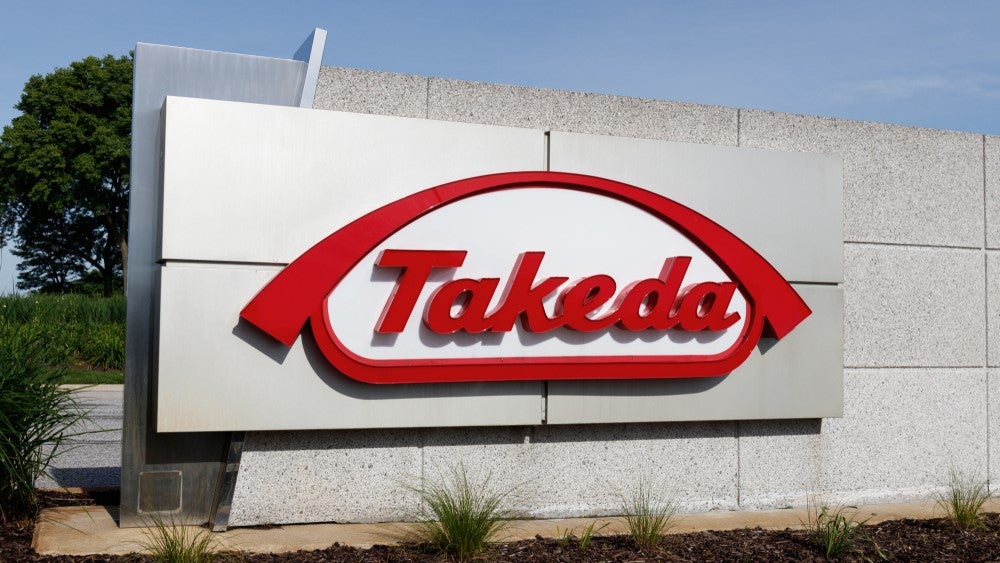
Takeda Pharmaceuticals has started the process for a voluntary withdrawal of Exkivity (mobocertinib) in the US after a confirmatory Phase III trial failed to meet its primary endpoint.
Exkivity is an oral tyrosine kinase inhibitor (TKI) that selectively targets epidermal growth factor receptor (EGFR) exon 20 insertion mutations.

Discover B2B Marketing That Performs
Combine business intelligence and editorial excellence to reach engaged professionals across 36 leading media platforms.
The drug received an accelerated approval by the US Food and Drug Administration (FDA) for treating adult patients with locally advanced or metastatic non-small cell lung cancer (NSCLCC) with epidermal growth factor receptor (EGFR) exon 20 insertion mutations in 2021. Exkivity has since been approved for use in China and the UK.
As the Phase III Exclaim-2 confirmatory trial failed to meet its primary endpoint, the accelerated approval for the drug has now been voided in the US and other countries. The accelerated approval was based on the Phase I/II trial results.
Exkivity was supposed to be a high-earning oncology drug for Takeda. The company projected a 192% increase in sales of the drug as part of its Q1 2023 projections. For context, Exkivity generated Y2.1bn ($14m) in sales in Q1 2023, as per Takeda’s financials.
The open-label Exclaim-2 trial (NCT04129502) compared the efficacy and safety of Exkivity as the first-line therapy with platinum-based chemotherapy in EGFR exon 20 insertion+ locally advanced or metastatic NSCLC. The trial suffered setbacks previously and had to be paused for futility analysis.

US Tariffs are shifting - will you react or anticipate?
Don’t let policy changes catch you off guard. Stay proactive with real-time data and expert analysis.
By GlobalDataAnother drug in Takeda’s oncology pipeline is fruquintinib, a selective vascular endothelial growth factor (VEGFR) -1, -2 and -3 inhibitor, which was developed in partnership with HUTCHMED. It was granted a priority review by the FDA as a second-line therapy for metastatic colorectal cancer in May.
Takeda has been bolstering its oncology pipeline in recent months. In August, it collaborated with ImmunoGen to develop and market Elahere (mirvetuximab soravtansine-gynx) in Japan. The drug is indicated for the treatment of adults with folate receptor-alpha (FRα)-positive, platinum-resistant epithelial ovarian, fallopian tube or primary peritoneal cancer who had previously received up to three systemic therapies.
In July, Takeda partnered with F-star Therapeutics to use the latter’s fully-human Fcab and tetravalent mAb² platforms to analyse and develop immunotherapies for cancer. In May, the company expanded its immuno-oncology strategic partnership with KSQ Therapeutics for new tumour-intrinsic targets. Takeda will give KSQ milestone payments and royalties from the net sales of the partnered drugs.




